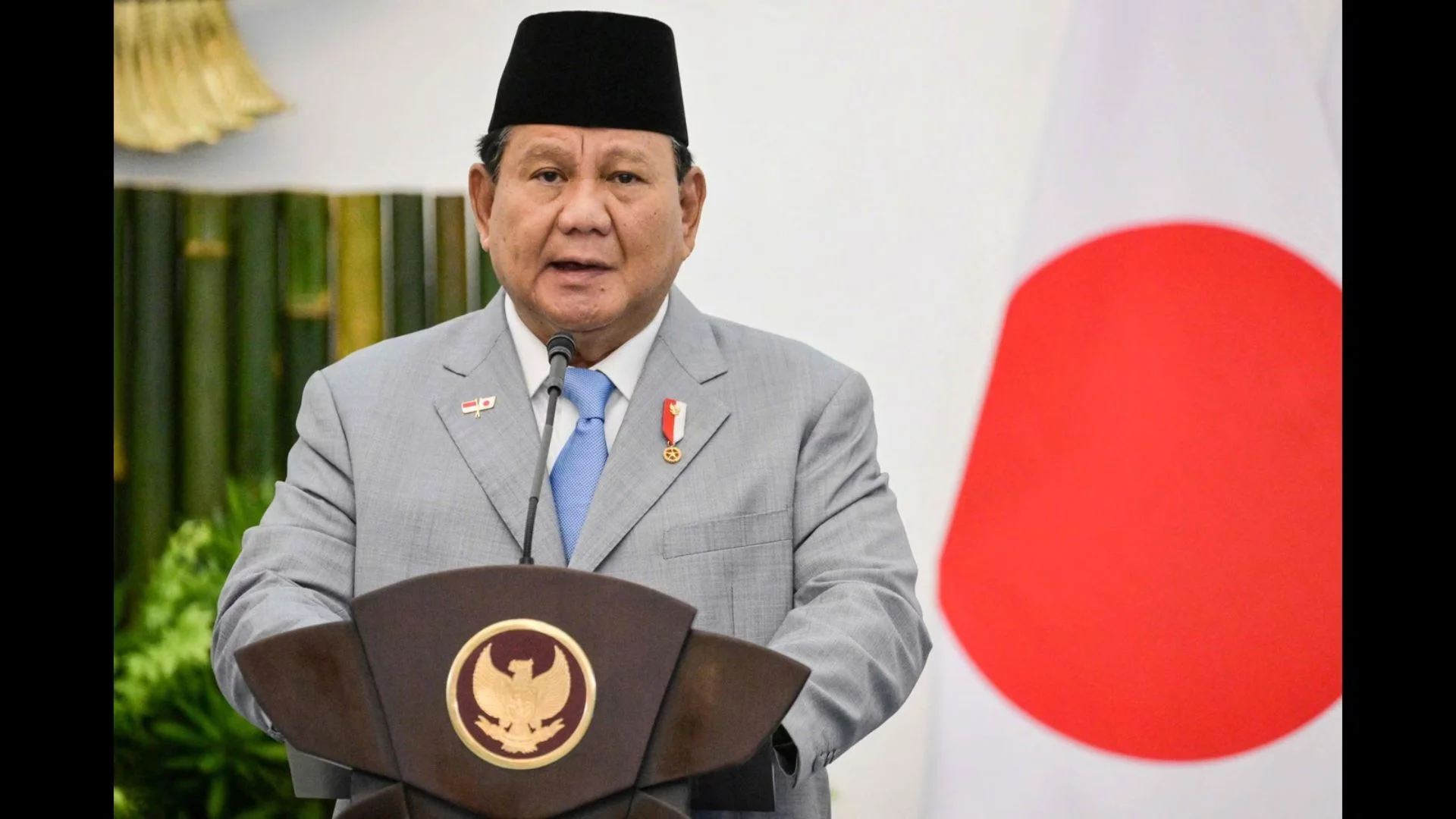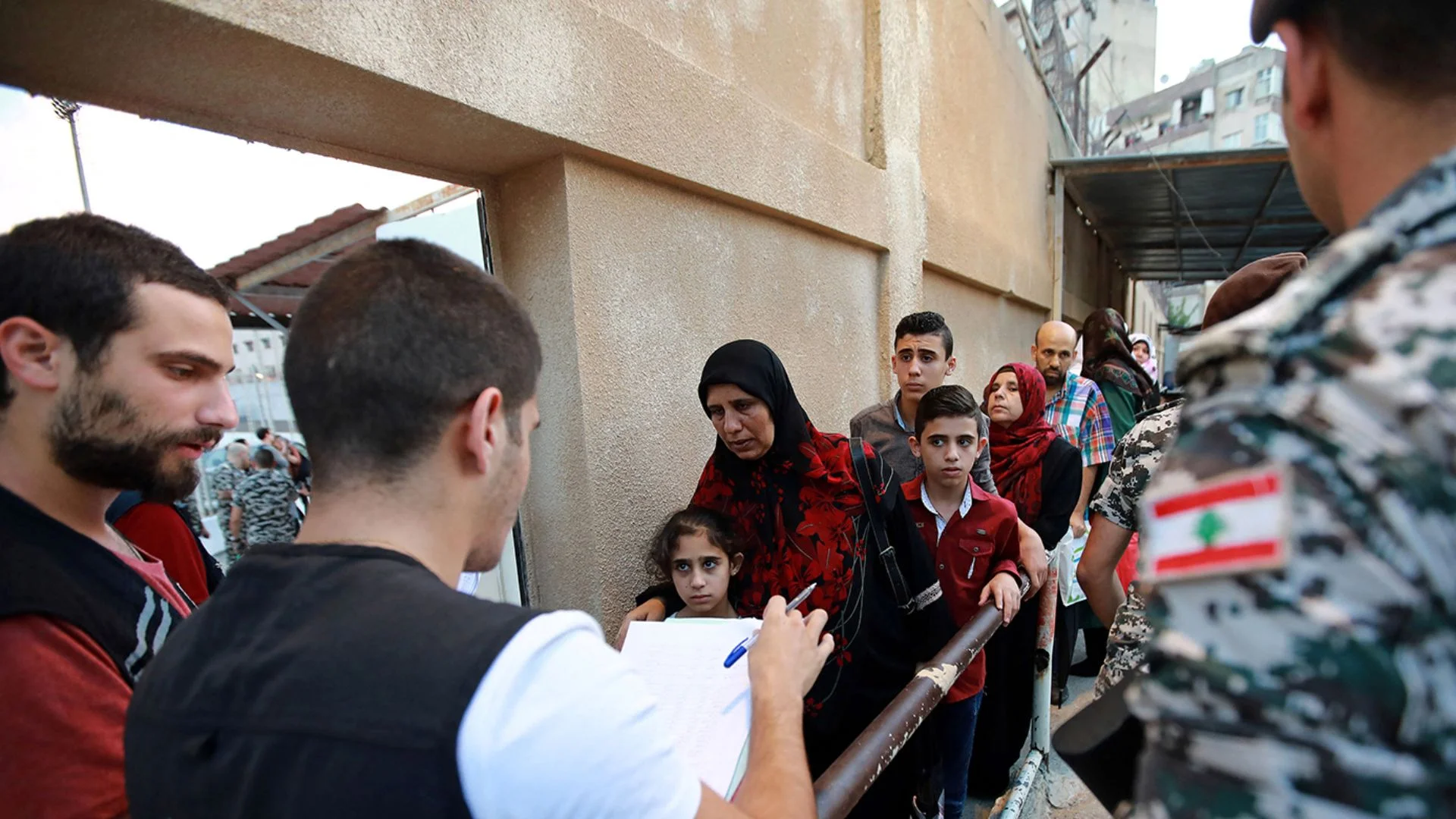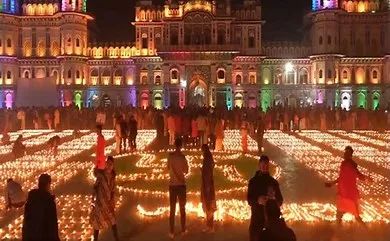Last year, at the G20 Summit, Prime Minister Narendra Modi put forward the vision of “One Earth, One Health” to the world. During the summit in Italy’s Rome, PM Modi highlighted India’s fight against Covid-19 pandemic and said that India is preparing to produce more than five billion Covid-19 vaccine doses for the world next year. And taking pride in how India played the role of “Pharmacy of the world”, Prime Minister Narendra Modi pointed out how India has delivered medicines to more than 150 countries.
While PM Modi evoked this “One earth, one health” policy, which aims for unity and solidarity among the states of the world to deal with the pandemic, the question arises of what it actually means for Africa. Today, India is arguably Africa’s principal source of affordable generic medicines. Africa receives 45% of all generic medications from India. Some recent studies showed that 20% of India’s $17 billion in pharmaceutical exports are going to Africa. India’s pharmaceutical exports to Africa and the rest of the world have more than doubled over the last 10 years to reach $24.5 billion in 2021. The world now trusts Indian pharmaceuticals. This is the reason PM Modi recently emphasised that India could be considered the “pharmacy of the world.”
India can currently meet the needs of Africa’s health systems thanks to its advancements in infrastructure, technology, accessibility, and affordability in the healthcare industry. Every year, more than 50,000 Africans travel to India on a medical visa, demonstrating the strong demand for India’s low-cost, high-quality healthcare. Some top nations sending patients to India are Nigeria, Kenya, Tanzania, Ghana, South Africa, Sudan, Zambia, and Mozambique.
Although we talk about economic growth and development in Africa, economic development is impossible without investments in healthcare. The Indian Exim Bank had given numerous African nations loan lines worth $1.6 billion for health projects as of 31 March 2021. A $10 million donation from India to the India-Africa Health Fund has also been announced. With a 19% share, India was the third-largest investor in Africa’s healthcare industry from 2010 to 2019, behind only the United Kingdom and the United States. Indian pharmaceutical manufacturing corporations well serve African markets in addition to hospitals and healthcare service providers from India.
Indian companies like Larsen & Toubro, Shapoorji Pallonji, and others specialise in building hospitals. They have experience constructing luxury hospitals in GCC nations. Furthermore, they also have expertise in building hospitals in India and other developing countries on a budget. A sustainable healthcare ecosystem in India has been made possible by hospital groups like Apollo, Fortis, and others who have established the necessary skills, knowledge, systems, and vision. A targeted, win-win strategy for Africa will be provided by intertwining India’s hospital construction and management experience, eventually strengthening India’s overall relations with Africa.
India and Africa have a longstanding partnership in the healthcare sector. During the difficult days of the Covid pandemic, the multifaceted and longstanding India-Africa partnership found its ideal expression as both sides worked with a great spirit of collaboration and cooperation. Further demonstrating its comparative advantage as the world’s pharmacy, India provided necessary medications and Covid vaccinations developed in India during the pandemic. This was totally in sync with the country’s “Vasuvaidha Kutumbakam” ethos.
When Western nations hoarded vaccinations, India’s humanitarian policy toward Africa won great acclaim. Between January and March 2021, African countries received 24.4 million made in India Covid-19 vaccines. Following commercial agreements, 8.4 million vaccines were shipped to Mauritius, Morocco, Egypt, Algeria, and South Africa. Further, 17 African nations received a grant of one million vaccines, while 26 African countries received around additional 15 million vaccines as part of the COVAX effort.
Currently, as the Chair of G20, India questions the ability of the world’s multilateral organisations to meet challenges that did not exist when they were created. Surely reforming these institutions is “the responsibility of every democratic country”. Today, more than ever before, countries need each other’s help – this is the only path to a better future. As there is an evident need for greater global cooperation, India’s vision of ‘One Earth One Health’ would go a long way to respond to global challenges, from the Covid-19 pandemic to climate change. And African continent would surely benefit from India’s healthcare sector, among others.
Therefore, it is crucial to strengthen cooperation between Indian healthcare providers and African partners in areas like capacity building, the establishment of hospitals, and investment in telemedicine, given the significance of India in providing medicines to Africa. India needs to keep its focus on developing its relationship with Africa in a way that benefits both while fostering the expansion of India’s healthcare industry. Eventually, this alliance will only help Africa to develop a reliable and resilient healthcare system.
The author is a Senior Research Associate with the Vivekananda International Foundation and doctoral scholar at Jawaharlal Nehru University.

















